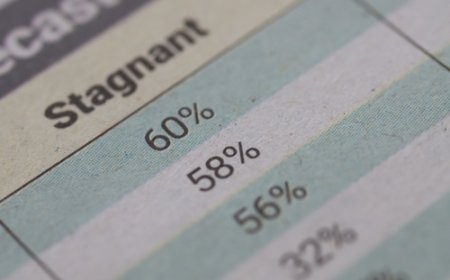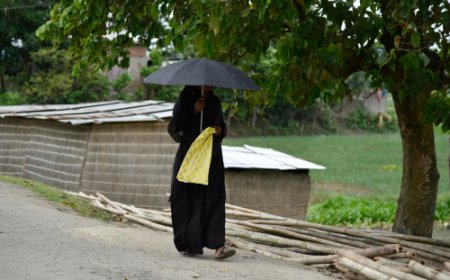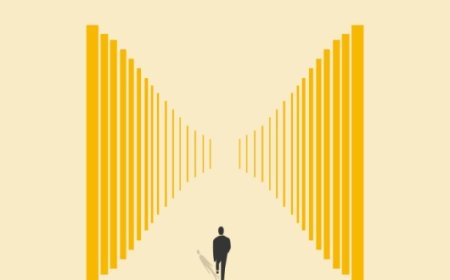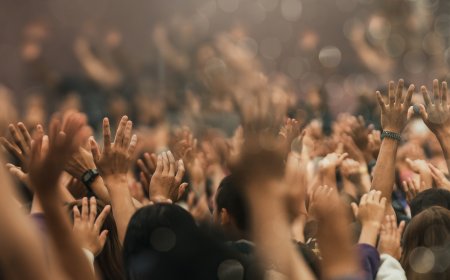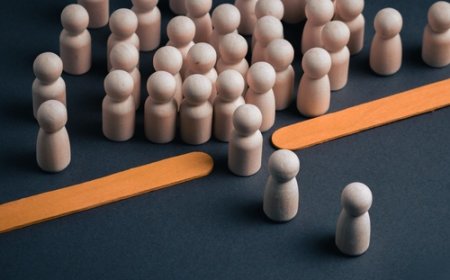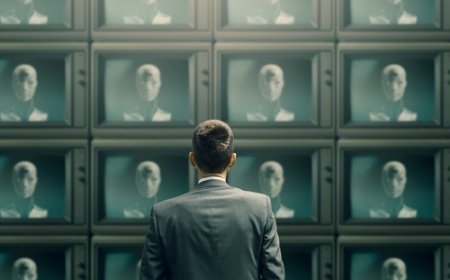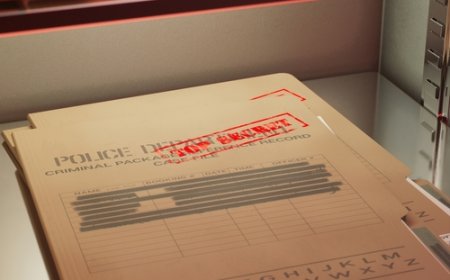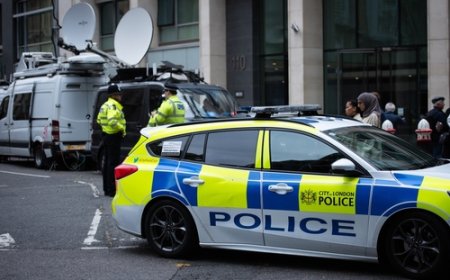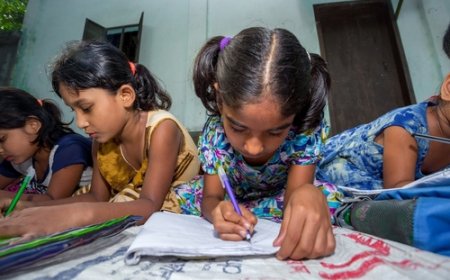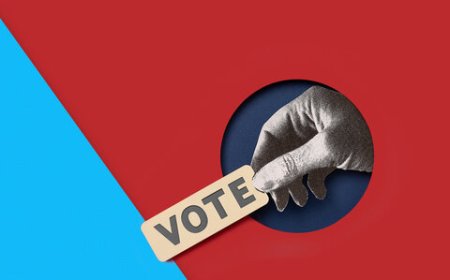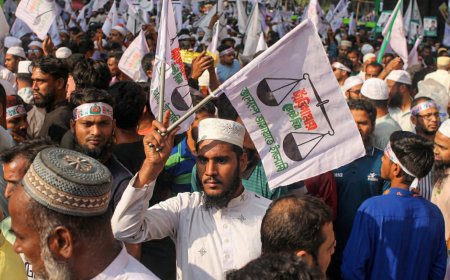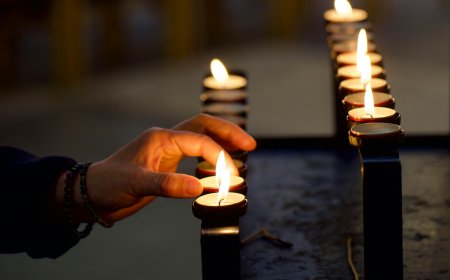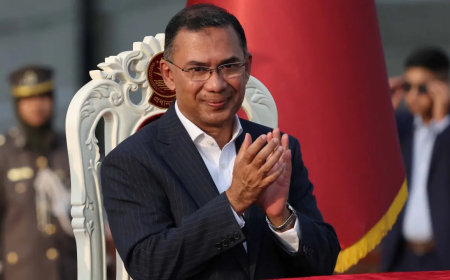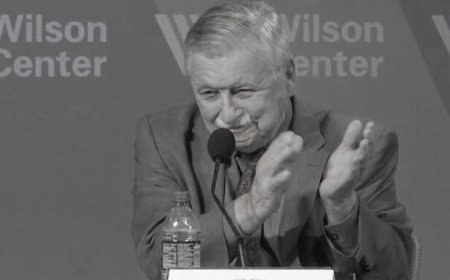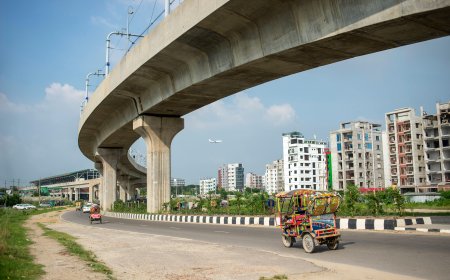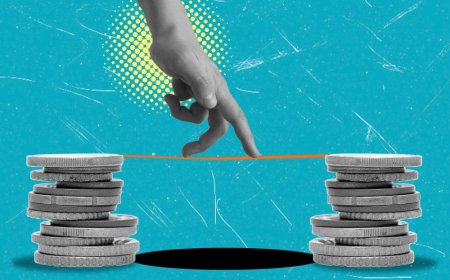It's Time to Get Out The Vote
If the February 2026 election is to be festive, free and fair, we will need a campaign so that Bangladeshis believe that their votes will count and their voices will be heard.

Bangladesh’s 2026 election is not just another vote. It is the country’s first real chance in years to prove that democracy can come back to life after a decade of captured institutions, rigged polls, fear, and the suffocating sense that citizens no longer had a voice.
After 15 years of Hasina’s Awami League autocratic fascism, people can finally sense political space opening. And the interim government now faces a test that will define its legacy: Can it turn this opening into genuine democratic renewal, is the question.
Professor Muhammad Yunus has already set an inspiring vision. He speaks of a festival of democracy, an election where people participate out of pride rather than fear. But sentiment alone will not carry Bangladesh there. The country is emerging from a long period of political suffocation.
Society is tired, digitally agitated, and emotionally bruised. What happens next will depend on whether the state can actively rebuild public confidence.
The public is ready. Surveys across every demographic show overwhelming intent to vote. Rural and urban communities, women, minorities, first time voters, and young people want to reclaim their voice. But their hope is fragile. Fear of unrest, leftover memories of violence, and deep psychological insecurity linger beneath the surface.
Online, the environment is even more distorted. The disinformation chaos that now circulates daily is not an accident but the result of a decade-long, hyper-coordinated communication war machine built by Hasina’s Awami League. It continues pumping out false narratives to portray Bangladesh as unstable, unsafe, and spiralling into chaos.
Only last week, Hasina used the Indian media eco-system to attempt to discredit Bangladesh’s judicial investigation into her crimes against humanity. She has also funded a massively viralized #NoBoatNoVote campaign across Bangladeshi social media, and created manufactured controversy over BNP’s MP selection list.
These narratives travel fastest among Gen Z, the largest bloc of voters, raising the risk that cynicism will turn into disengagement, unless a powerful counter-narrative is authored by those organizing and hosting the elections itself.
Elections are not judged only by technical integrity. They are judged by whether citizens show up, feel safe, and believe the process belongs to them. Even mature democracies invest in non-partisan mobilization because turnout itself protects legitimacy.
History offers a powerful lesson here. Nelson Mandela’s first election in 1994 remains the most-studied Get Out The Vote (GOTV) effort in the world. It did not become iconic because it was perfectly administered. It became iconic because it mobilized an entire nation that had been traumatized, divided, and silenced for generations.
The campaign was deliberate, nationwide, and emotionally intelligent. It reassured communities, built dignity, and turned voting into a collective act of healing and reconciliation. Participation was not a procedural outcome. It was the rebirth of a country. Scholars still teach that election as the gold standard for how a nation can use GOTV to reclaim itself. Bangladesh should aspire to become the next global case study.
A high participation election would send two clear messages:
Domestically, it would prove that democratic control has returned to citizens and provide the next elected government the electoral legitimacy to govern with strength and implement their agenda. Conversely, it would also hold the incoming government's feet to the fire and empower the opposition by showing them that the public is politically engaged.
Internationally, it would show that the interim administration has stabilized a country many assumed was locked permanently into decline.
But after a decade of political suppression and a year in which Hasina’s Awami League disinformation machine unleashed one last wave of digital chaos, high turnout will not appear on its own. It must be encouraged, reassured, and actively protected by a politically neutral institution.
Apathy fuelled by disinformation engineered by the same Awami League networks that once controlled every narrative of public life. If these forces remain unchallenged, turnout will fall precisely among the groups whose engagement will determine whether the election feels credible and transformative.
If participation collapses, the legacy of this interim government will be diminished and legitimacy of any future government weakens, even if the process is administratively sound.
This is why a nationwide effort to reassure and mobilize voters is not political marketing. It is a state building imperative. The campaign can be authored by the Interim Government, the Election Commission, or even the Bangladesh Army, but someone needs to do it.
What matters is not who takes credit, but who steps up to counter the toxic narratives that Hasina’s Awami League disinformation operation continues to seed across the digital space.
A coordinated mobilization effort signals to citizens that their participation matters. It restores confidence after years of fear. It demonstrates to the world that Bangladesh intends not just to hold an election, but to rebuild democratic norms with conviction.
It brings the country closer to what Professor Yunus envisioned: a peaceful, united, pride-filled democratic moment.
Bangladesh will have many elections in the decades ahead. But none will carry the symbolic weight of this one. The country has been offered a rare opportunity to reset its democratic trajectory. A high turnout election would show that Bangladesh can heal, can renew itself, and can stand once again with confidence.
This is the moment to mobilize. This is the moment to rebuild trust. And this is the moment to define a legacy that endures.
Toffael Rashid is a global marketing professional
What's Your Reaction?









